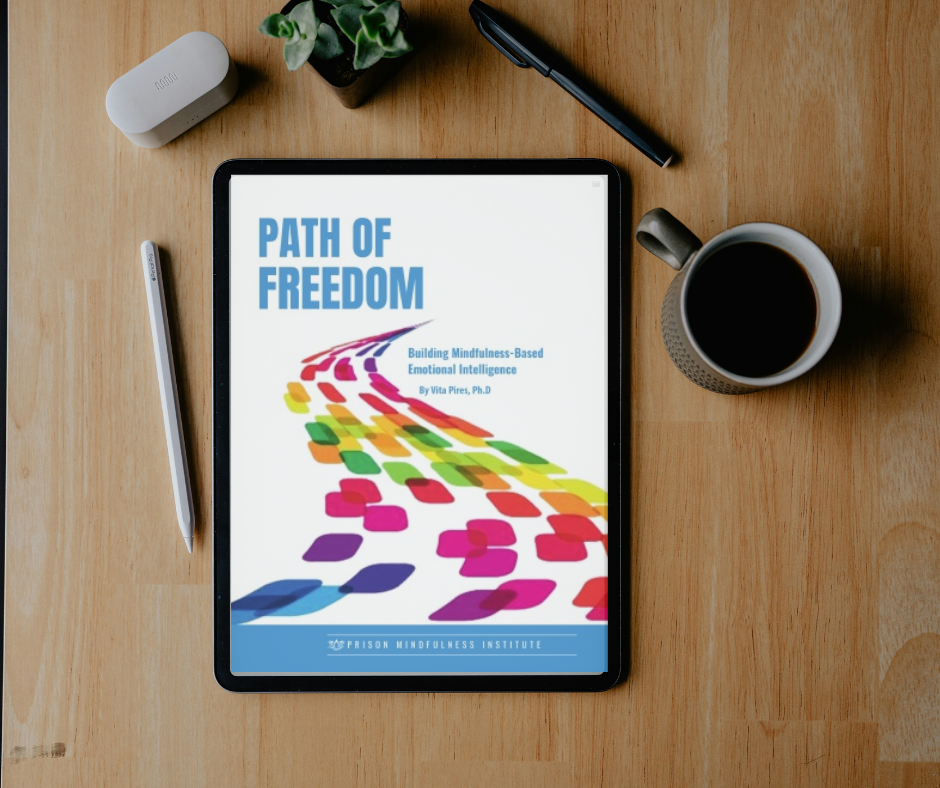That Drama Triangle is for Real
- PMI Staff

- Aug 21, 2018
- 2 min read
Stephen Karpman’s Drama Triangle helps participants in the Path of Freedom learn to escape internal patterns that prevent taking responsibility. As illustrated below, the triangle involves seeing oneself or others in the roles of victim, perpetrator and rescuer.
Participants’ comments reveal the role of the triangle in their learning:
One Path of Freedom participant described a useful revelation that felt like “peeling back” another layer of his experience. He had thought that he did what he did because of alcohol. In the Drama Triangle session of the Path of Freedom, he realized that while identifying as a victim helped him not feel totally distraught, it also prevented him from taking responsibility. He shifted to taking ownership for his choices but without the shame and blame that society tends to associate with crime.
Another participant expressed the following reflections: “Sometimes it’s tough. You want to be the victim. You want them to be sorry for you. It’s easy to want sympathy. So you have to get out of that mindset. When you’re not laying in your cell being the victim, you can make real solutions, like how to release it from your mind without becoming a prisoner to your own thoughts. The practice helps keep your mind off the negative.
I realize things aren’t so bad. I can make it to the next step and keep a positive mindset. I don’t box myself up, getting trapped in my own negative thoughts, playing over and over again. I change the channel. It’s tough in here to do that, it’s tough anywhere really. Yeah, that drama triangle is for real”
Reflecting on the practical applications of course principles, other participants described that there had been a fight earlier that day in the maximum security facility. Guys said that they stayed out of it because it would negatively impact their getting parole and it simply wasn’t worth it.




Comments